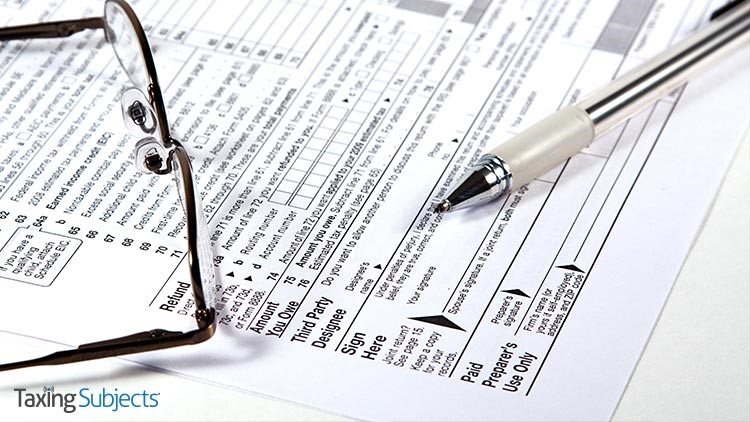
The Internal Revenue Service is reminding taxpayers that the best tax professionals are those who always sign the returns they’ve prepared. These so-called “ghost preparers” refuse to sign the returns they prepare—whether physically or digitally—getting the taxpayer to sign the return while the preparer remains anonymous.
The IRS notes that, regardless of who prepares the return, taxpayers are “ultimately responsible for [the accuracy of their tax return].” In addition to possible issues with accuracy, these ghost preparers can present an identity theft and tax refund fraud risk.
It’s the law
By law, anyone who is paid to prepare—or assists in preparing—federal tax returns must have a valid Preparer Tax Identification Number, or PTIN. Paid preparers must sign and include their PTIN on the return.
Not signing a return could be a red flag of questionable behavior, including promises of a big refund and charging fees based on the size of the taxpayer’s refund.
The IRS says taxpayers should also avoid using tax preparers who:
- Require payment in cash only and do not provide a receipt.
- Invent income to qualify their clients for tax credits.
- Claim fake deductions to boost the size of the refund.
- Direct refunds into their bank account, not the taxpayer’s account.
Homework pays off
The IRS urges taxpayers to choose their tax professional wisely. The Choosing a Tax Professional page on IRS.gov has information about tax preparer credentials and qualifications.
The IRS Directory of Federal Tax Return Preparers with Credentials and Select Qualifications can help identify many preparers by the type of their credentials or qualifications.
No matter who prepares the return, the IRS says taxpayers should review it carefully and ask questions about anything that’s not clear before signing. They should also verify both their routing and bank account numbers on the completed return with a direct deposit refund.
Taxpayers should also watch out for preparers who put their own bank account information onto their return instead of the taxpayer’s.
Source: IR-2021-30
